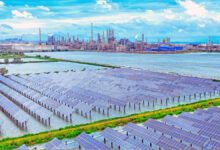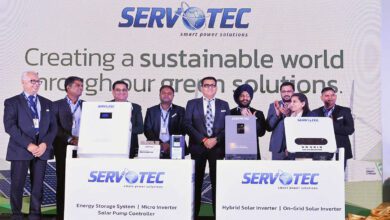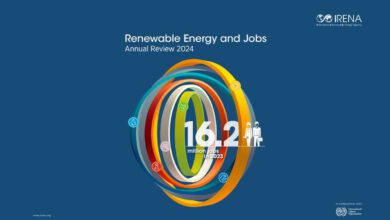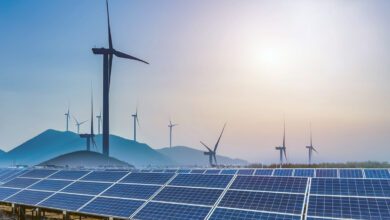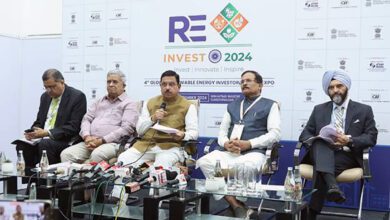India and Australia are investing heavily to achieve energy targets, Consul General of Australia Rowan Ainsworth said at an energy conclave. Australia and India have similar goals in reducing emissions with wide adoption of technologies, she said during the virtual conclave organised by Bengal Chamber of Commerce and Industry on Thursday.
The diplomat said that the government of Australia is committed to technology driven energy transition just like India and regular dialogues are held between the two countries for energy storage systems, energy efficiencies and renewable energy.
“Australia’s focus is on partnering with other countries to de-carbonize and ensure our economies can work. Few key strengths of Australia’s approach are discussed like reducing emissions, using renewable, and finally cooperating with India,” she said.
Australia is proud to be a founding member of International Solar Alliance. India’s leadership in this important issue is appreciated for sustainable development and energy security, she said adding India and Australia have also collaborated on global minerals.
Turning to water security, she said it has become important due to the rising population.
“Australia and India will also launch the Australia and India water dialogue and bring water experts to the table,” she added.
Suresh Kumar, the additional chief secretary to the department of power, West Bengal, said the issue is decarbonization which is a global issue.
“Energy transition which was previously based on fossil fuels is going through a change and now we’re getting into more and more renewables all over the world. West Bengal fortunately has always been very beneficial in terms of number of coal mines. We also had a number of power stations and we did not have to transport coal for more than 20 to 30 km,” he added.
The state had the advantage of having the best natural resources close to the power station. Even it is going through a transition now. “We understand that it’s not feasible to run more and more thermal power stations. The gestation time of a thermal power station is around three to five years, he added.
Acting British Deputy High Commissioner, Kolkata, Sophie Ross, US Consul General Melinda Pavek were among those who attended the first session.



